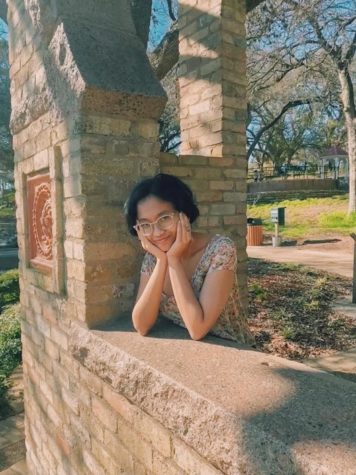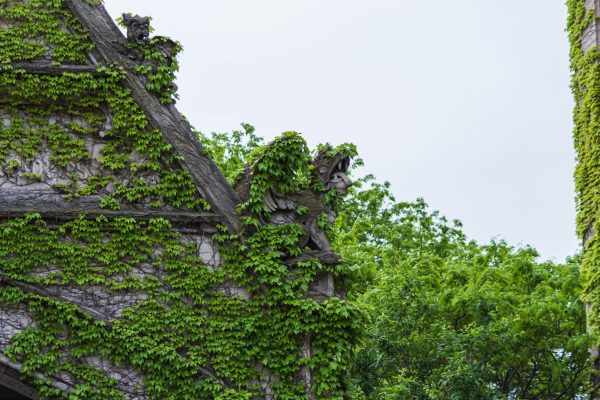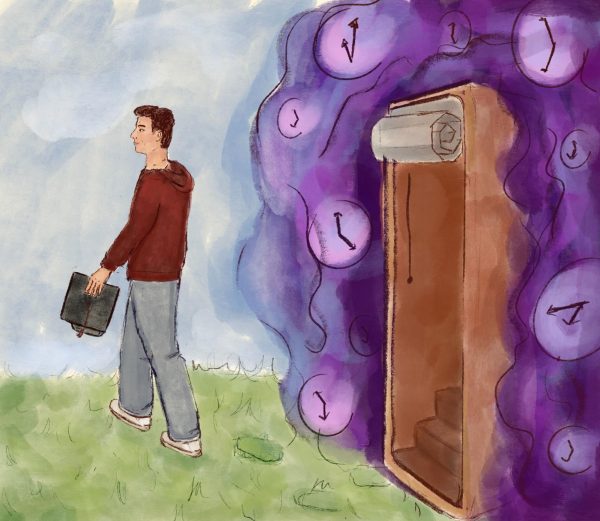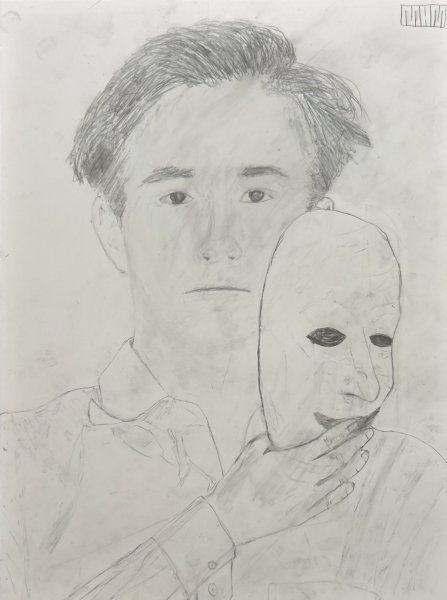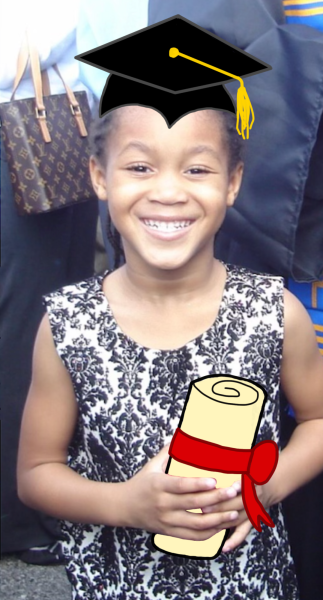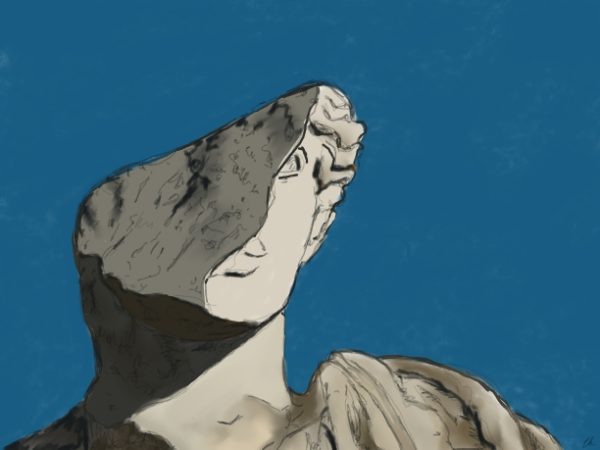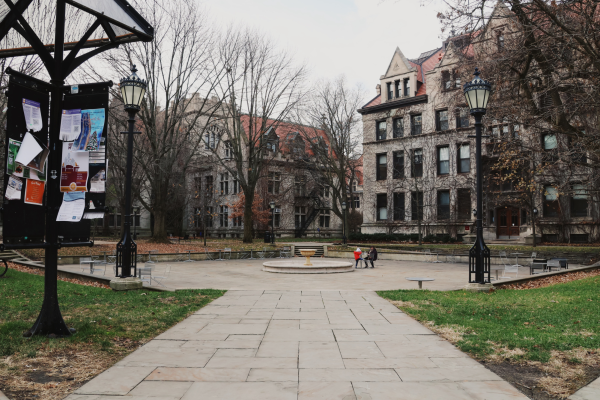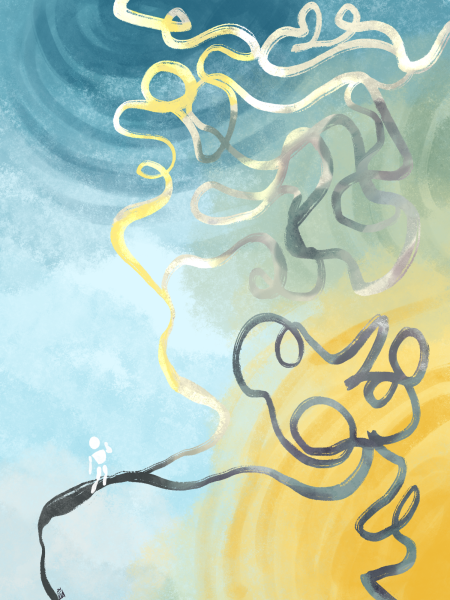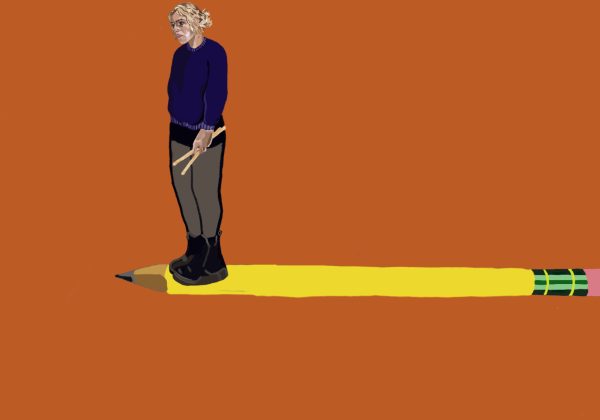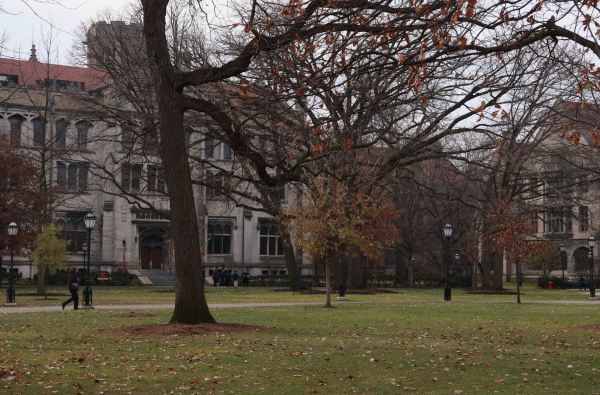Our Identity as “Chicagoan”
As we move through UChicago, we must embrace Chicago as a full home.
May 4, 2023
I grew up ping-ponging between cities in Texas—Dallas and Corpus Christi and Houston—and in all that moving around, I adopted a great restlessness. There was an itch in me to live somewhere outside the boundaries of my state, to see what other parts of the world I could call home. In this journey, Chicago was an unexpected first step.
I came to UChicago on a whim because I loved the Core, because I had a great deal of fun with my essays, because I was told that I would slot right in, but even in the first few weeks, it was immediately apparent that a draw to stay, even in the midst of the pandemic, was the city itself. I fell in love in flashes: a trip with my hallmates in 2020 to the river as night began to fall and the whole face of the city lit up; Chinatown in the snow; Pilsen in the summer; a walk by the lake; by the Point, remade and renewed by the water. These are vignettes, little glimpses into a bigger culture of the city where a student like me might make fond memories, but our place in the fabric of this city truly stretches beyond and before the time we call it home.
As students at the University, it is important that we are acutely aware of our position as new initiates and explorers in the city, but this understanding of our temporality within this space shouldn’t make us dismissive or cowed in our interactions with it. Instead, our commitment should be to respecting the existing culture of the spaces we stay in while continuing to push the boundaries of where we adventure out. Balancing the two is a matter of maintaining a great regard for the people who’ve lived here long before we arrived and will continue to do so after we move away. It is also adopting a willingness to fully take on the place in which we’re building such a crucial foundation for the rest of our lives. How fully and completely we embrace the environment is indicative of the relationships we may nurture within it. For me, this means listening to the wider community in conversations about Chicago while also incorporating a deep affection and responsibility towards it.
The University of Chicago specifically has a complicated relationship with the city itself, particularly with the South Side, where its history of investment has often been horrifically misguided and lopsided. If we continue to other ourselves and move within the city as if it is grotesquely unsafe or inexplicable, then we propagate this history of occupation. Instead, our focus should be on learning as much as we can about Chicago through experiences, through listening in on its vital conversations, and through engaging in community events beyond the gates of the University. In collapsing the bubble of the College, we become real citizens of the city, and our responsibility to know, love, and cherish it doubles.
Annie Dhal is a third-year in the College.


